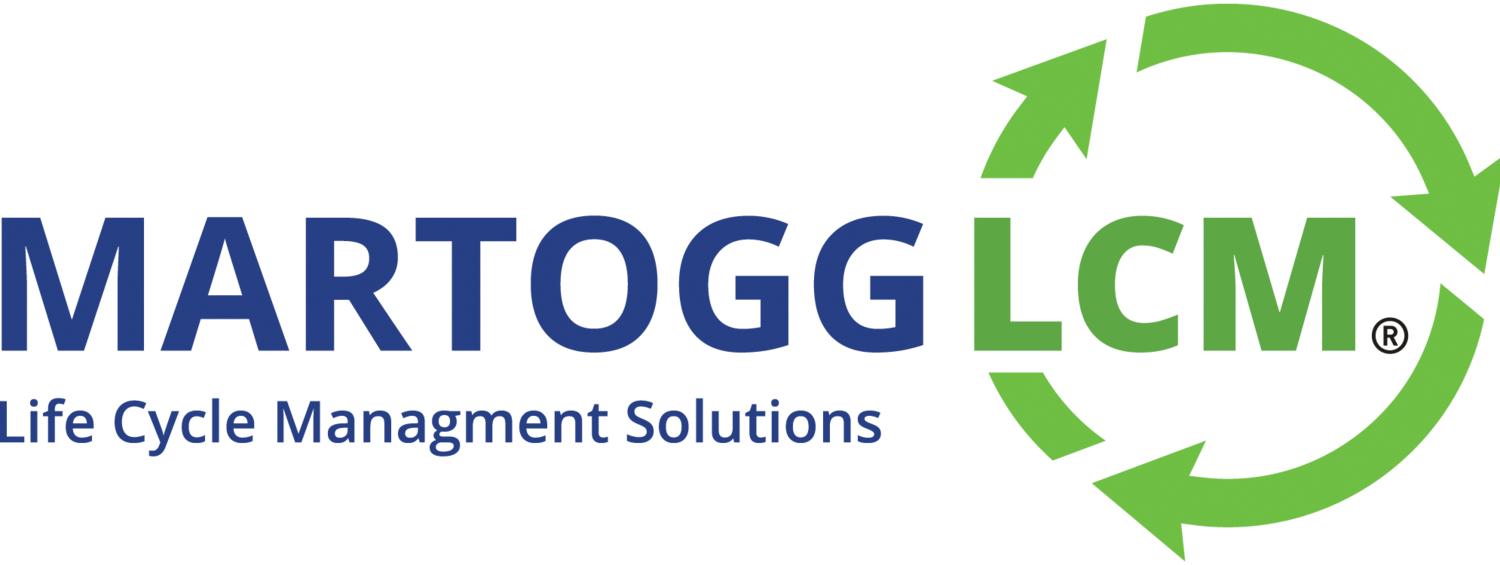4 Reasons Why Brand Managers Should Consider Locally Produced RPET
Martogg LCM Factory 2020
With consumers becoming increasingly eco-conscious, it might be about time for brands to consider switching to a more sustainable alternative to plastic.
Sustainability has become one of the hottest topics in various industries. It has resulted in an increasing number of brands taking the initiative to be more economical and environmentally-friendly in their overall operation. One way to achieve this is to reduce the amount of virgin plastic by considering locally-produced RPET.
RPET refers to Recycled Polyethylene Terephthalate (also referred to as PET). PET is the world’s most common plastic due to its properties. It is incredibly versatile and durable, but for the same reason, it creates huge problems because they usually end up in landfills. By recycling PET products, these plastics are given a second life.
Why Your Brand Should Switch to Local RPET
Offering a good product is no longer enough to win in your customers’ favor. While quality and cost are important factors to attract them to your business, environmental concerns are now at the top of many consumers’ minds.
Without running a sustainable business, you might be taken over by brands that are committed to sustainability. If you haven’t considered locally-produced RPET, then the following reasons might convince you why you should.
The majority of consumers choose a brand that supports the environment
Over the past few years, the need for a sustainable lifestyle has become imperative. No wonder so many consumers today have become purpose-driven. It’s because they choose a brand that is based on how it aligns with their values. Their desire for products conforms with what they consider valuable.
A recent survey has revealed that nearly six in ten consumers are willing to change their shopping habits to minimize environmental impact. Furthermore, eight in ten respondents indicate that sustainability is essential for them. That is why it is not surprising to realize a significant shift in consumer behavior towards recycling and sustainability.
This means that brands need to step up and consider a sustainable lifestyle through recycling. If your brand is not helping consumers improve their social and environmental footprint by considering RPET, then you may be in danger of losing a large majority of them.
Achieving true circularity
Plastic is a material that is durable, lightweight, and inexpensive. It can be easily molded into different products and used in a wide range of applications. It is a valuable resource that makes our lives easier.
The problem is the increased production of plastics and the current usage levels that have caused several environmental issues. A large portion of plastic produced every year is used to make short-lived products or disposable packaging items. They get manufactured, bought, briefly used, and then thrown away. This linear model of consumption does not make sense economically and environmentally.
That is why locally-produced RPET should be our top priority in order to achieve sustainability. RPET is also an important key to a circular economy, which is a valuable system that aims to eliminate waste by reusing and recycling available resources.
Instead of following a linear system based on taking, making, consuming, and disposing of the approach, RPET minimizes the need to use raw materials to make something and then dispose of it in the end. A circular economy will reduce waste to a minimum.
RPET for effective waste diversion
Waste diversion means recycling, reusing, or composting waste materials that would otherwise end up in the landfill. With this definition, there is no doubt that recycling PET is an effective waste management strategy. Instead of disposing of used plastic, RPET converts consumer wastes into a valuable resource.
Many products can be made from RPET, from promotional items like reusable shopping bags to packaging, such as containers and bottles. Single-use plastic items are given a second life instead of being thrown away in landfills, which takes up hundreds of years to break down.
Take part in APCO 2025 Goals
The Australian Packaging Covenant Organisation (APCO) is a group that’s in charge of facilitating the delivery of the government’s 2025 Targets, which aim to phase out unnecessary and problematic single-use of plastic packaging and use 100% reusable, recyclable, or compostable packaging. It also aims to achieve 70% of plastic packaging, composted or recycled, and 50% of recycled content included in the packaging.
This applies to all packaging that’s Australian Made and Owned, as well as used and sold. It requires a systematic change to the way consumers and businesses create, collect, and recover their product packaging. By considering locally-produced RPET, you are taking part in this critical initiative, which is also an essential step on the country’s journey towards a circular economy.
So there you have it…
Plastic is not inherently bad. It is the act of throwing away used plastic that causes huge problems, not only to the environment but also to our economy. Plastic is an incredible resource with infinite use if we follow a structure that allows us to take advantage of our available resources.

